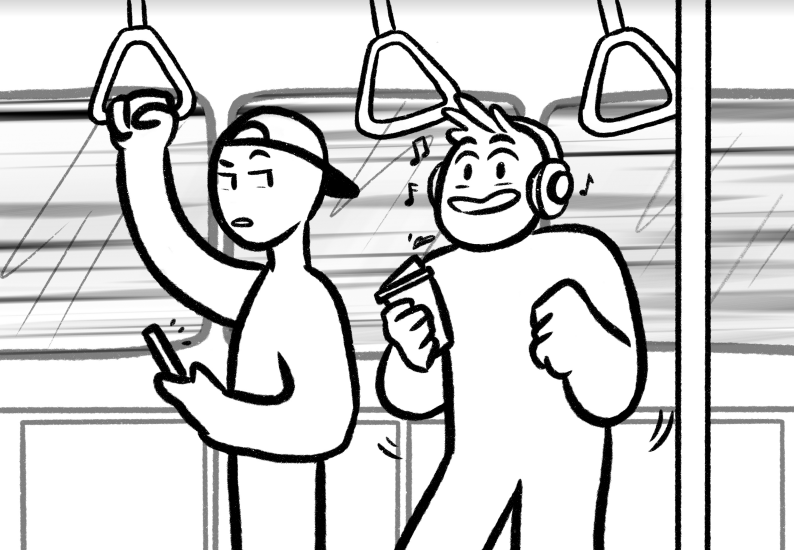Social Distancing Should Not Be an Excuse to Shame Others
While social distancing is extremely important, shaming others is not the way to change their behavior.
April 22, 2020
During such a massive global crisis as the one the world is currently facing, it is completely understandable that it would not feel “real” to many, especially for those that are of high school age, who have lived most or all of their lives free of major national crises, let alone global ones. It’s the kind of event that happens in movies—inconceivable in real life. Additionally, Cambridge, on one’s daily government-advised walk, appears peaceful and idyllic. While there are more face masks and fewer people to be seen than usual, it in no way appears like the desolate, apocalyptic landscape that the word ‘pandemic’ brings to mind. These facts make it difficult to recognize the coronavirus as a real threat.
Partially because of this, many continue to break social distancing health recommendations in favor of leaving the house and continuing to see friends. And even if you haven’t, it’s extremely likely you’ve heard the rhetoric of those against this practice, the various morally and intellectually superior arguments that have been made attempting to keep people inside. This is not the intent of this article. I simply want to bring to attention a trend I have noticed as the quarantine drags on: one where well-meaning, frightened people have become aggressive and belittling, with the intent of virus control, towards strangers. I wholeheartedly support the goal, but the methods have been giving me pause.
This happens in two ways that I can pinpoint. There are the preemptive attempts to hold people in quarantine via messages spread mostly online. These can be motivating, appealing to people’s senses of humanity—but I have seen many posts that take an extremely condescending attitude towards those that still socialize, or that attempt to incite intense fear and scare people into staying inside. I have heard that going outside for anything unnecessary makes you an immoral person and that it will put the entire population at risk.
Yes, staying home is important; this is not to say that I don’t believe in social distancing. I know that COVID-19 is a serious virus, one that healthcare officials still know little about other than that it is often deadly and extremely contagious. And it is completely understandable that fear can drive people to be more aggressive and less tactful in their interactions. However, this aggression can, in certain cases, go too far. It’s a common topic of conversation among my teenaged friends that they’ve been yelled at by adults in the street who they don’t know for being together. I believe that strangers acting with outright hostility towards each other, especially adults towards children, should not be normalized or accepted, even in the chaos of these times. I also believe that contemptuous methods are in fact counterproductive to the goal of enforcing quarantine. It seems likely that being constantly and aggressively policed will make people far more inclined to go against the instructions of the policer.
Yes, staying at home and apart will help enormously to minimize casualties, while continuing to interact with people like normal will have the opposite effect. I am not in defense of those breaking the rules of social distancing. But I find it extremely discouraging and ultimately counterproductive to see the way that some people let fear swallow their sense of gentleness and humanity and replace it with rage and superiority. I cannot respect those people any more than I can those who break the quarantine. Going forward, I would hope that we will all be able to find it in ourselves to be kind—or at least respectful—as we remind each other about the importance of maintaining social distancing. It would certainly make this chaotic time at least a little more bearable.











